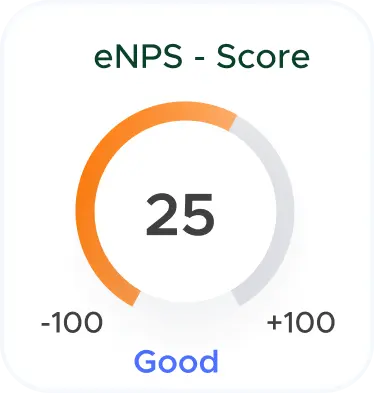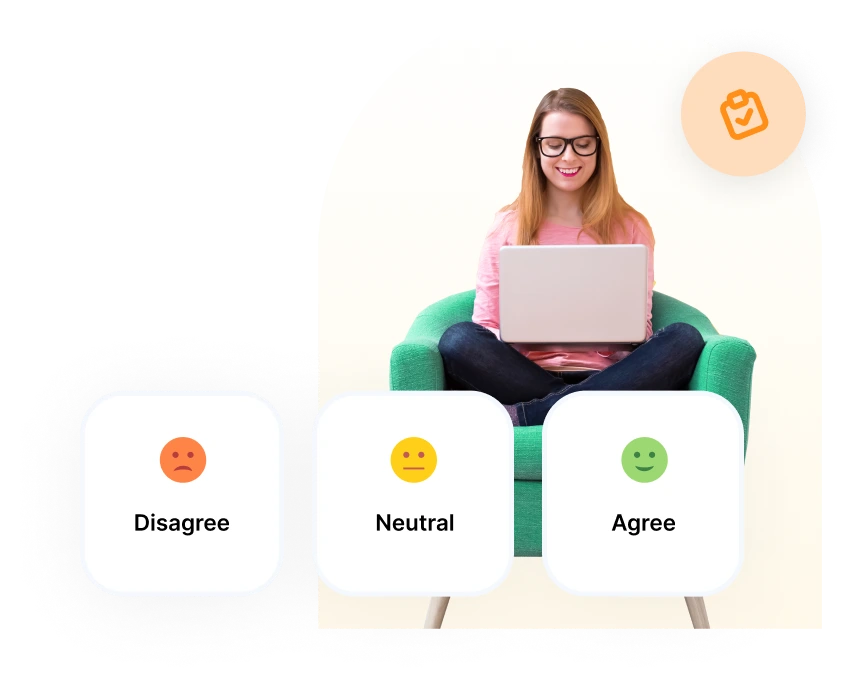Why is employee self-service important in the modern workplace?
Employee self-service is crucial in the modern workplace for several reasons. It streamlines HR processes, reducing administrative overhead and paperwork. It empowers employees by giving them direct access to their own information, allowing them to take control of their HR-related tasks. This, in turn, leads to improved efficiency and accuracy in HR operations.
For organizations, it results in cost savings, increased productivity, and a more engaged and satisfied workforce. Additionally, it supports compliance with labor laws and regulations, as data is more accurate and accessible.
Overall, employee self-service enhances the employee experience and the overall effectiveness of HR functions.

.svg)













.svg)



.svg)
.svg)